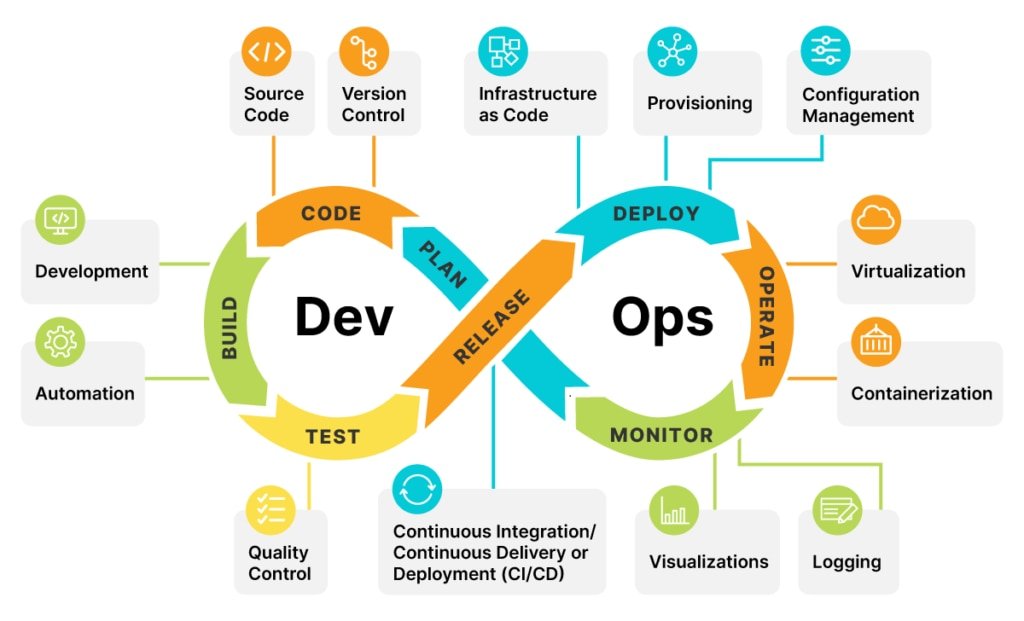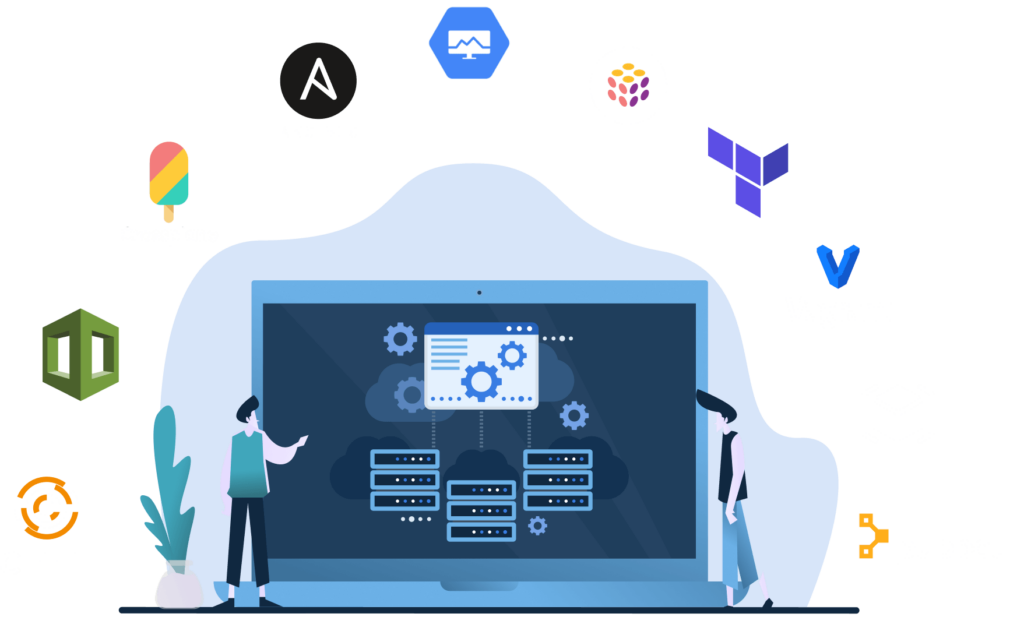1. What is AWS (Amazon Web Services)?
Answer: Amazon Web Services (AWS) is a cloud computing platform provided by Amazon, offering a wide range of cloud-based services and tools such as computing power, storage, and databases, among others. These services enable businesses and developers to build, deploy, and scale applications, websites, and other IT solutions without the need to manage physical hardware infrastructure.
2. How can I get started with AWS?
Answer: To get started with AWS, follow these steps:
a. Sign up for an AWS account at aws.amazon.com/signup
b. Access AWS Management Console to explore and manage services
c. Use AWS free tier services to understand and test the platform without initial costs
d. Explore tutorials, documentation, and courses available on the AWS website to learn about various AWS services and their applications.
3. What are some of the most popular AWS services?
Answer: AWS offers over 200 services, with some of the most popular ones being:
a. Amazon EC2 (Elastic Compute Cloud): Provides resizable computing capacity to run virtual servers
b. Amazon S3 (Simple Storage Service): Offers scalable and secure storage for data
c. AWS Lambda: Executes code automatically when triggered by specific events
d. Amazon RDS (Relational Database Service): Manages databases such as MySQL, PostgreSQL, and others
e. Amazon VPC (Virtual Private Cloud): Allows users to create an isolated and secure networking environment.
4. How does AWS pricing work?
Answer: AWS pricing varies depending on the service, usage amount, and location. Some key pricing models include:
a. Pay-as-you-go: Charges users only for the services they use, with no upfront commitment
b. Save when you reserve: Offers discounts for reserving instances or resources for a predefined term
c. Free tier: Provides access to some AWS services at no cost within certain usage limits during a 12-month trial period
For specific costs, refer to the AWS Pricing page or use the AWS Pricing Calculator.
5. Is AWS secure?
Answer: AWS adheres to high-security standards with a range of features designed to help users secure their data and infrastructure. Key elements of AWS security include:
a. Advanced data centers with strict access controls and continuous monitoring
b. Data encryption options during transmission and at rest
c. Compliance with numerous industry certifications, such as GDPR, HIPAA, and PCI DSS
d. Configurable security best practices using tools like AWS Security Hub, Amazon Inspector, and AWS Shield
For more security guidelines, it’s crucial to review the AWS Well-Architected Framework, which helps users build secure, high-performing, and resilient applications.





